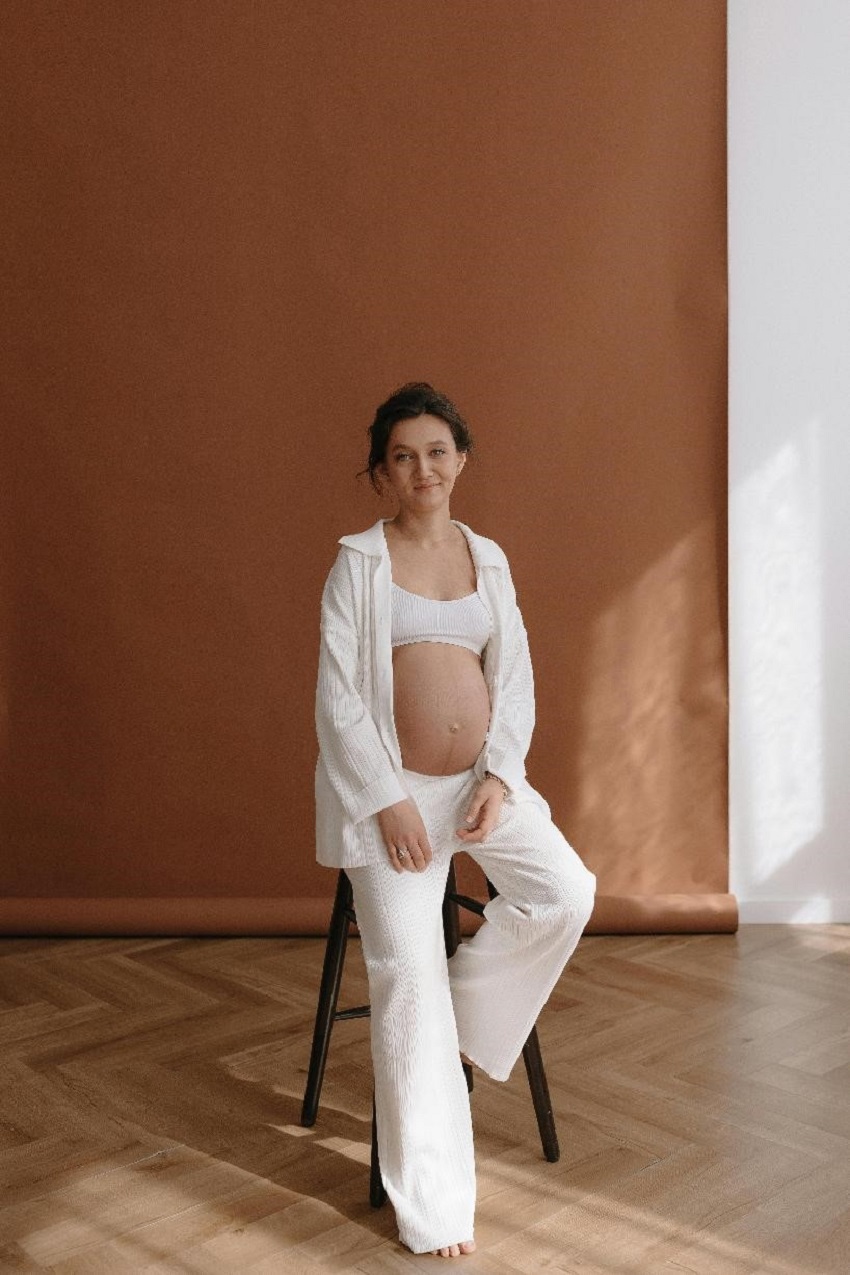您好!很高兴为您提供一对一的专属咨询。
请问有什么可以帮您?
冻卵的流程和价位是什么?


When undergoing IVF-PGT (Third-Generation IVF) treatment, many families wonder: Why do doctors usually recommend transferring only one blastocyst instead of multiple? This recommendation isn't just about the embryo's quality; it's closely tied to pregnancy preparation success rates and maternal and infant health.
IVF-PGT's core advantage lies in its advanced embryo genetic screening technology. Through PGT testing, doctors can precisely screen for chromosomally normal blastocysts, which possess higher developmental potential. In fact, after transferring a single, rigorously screened blastocyst, the success rate can reach 60%-70%. This figure even approaches or surpasses the effectiveness of traditional multiple embryo transfers. This means that even with just one blastocyst transferred, the likelihood of achieving pregnancy is significantly increased, bringing more confidence to families pursuing a healthy baby.
Although rare, medical statistics show that a single blastocyst, after implantation, still has approximately a 6% chance of naturally splitting to form twins. If two or more embryos are transferred simultaneously, the chances of multiple pregnancies increase significantly. Multiple pregnancies are often associated with serious risks of pregnancy complications, such as gestational hypertension, gestational diabetes, and postpartum hemorrhage.
Furthermore, from a physiological perspective, single embryo pregnancy aligns more with the uterus's natural capacity. A woman's uterus typically provides the optimal developmental environment for a single fetus. Multiple embryos developing simultaneously can lead to resource competition, which might result in delayed fetal development, or even issues like anemia, low birth weight, and weakened immunity after birth. Therefore, the benefits of single embryo transfer are not only reflected in the pregnancy preparation success rate but also in safeguarding the long-term health of the fetus. This is also a significant reason why US and Mexico IVF specialists widely recommend single embryo transfer.

From a medical standpoint, most reputable clinics and experienced doctors prioritize single embryo transfer. This practice not only demonstrates responsibility for patient safety but also reflects a scientifically rigorous approach to treatment. The IVF USA team, founded by Dr. Nathan Zhang, has been providing overseas assisted reproductive consulting services for over ten years, offering US egg freezing, US IVF, and third-party assisted reproductive services to those in need. With nearly 20 years of deep expertise in the overseas assisted reproductive field, IVF USA proactively entered the Mexico market, driven by diverse and personalized reproductive needs, becoming the authorized agent for Power Fertility Center Mexico POWER IVF in China. Currently, Dr. Nathan Zhang's business has expanded beyond the US to include Mexico IVF and egg freezing, IVF and egg freezing in Japan and Thailand, as well as Taiwan and Hong Kong, helping you achieve your dream of parenthood.